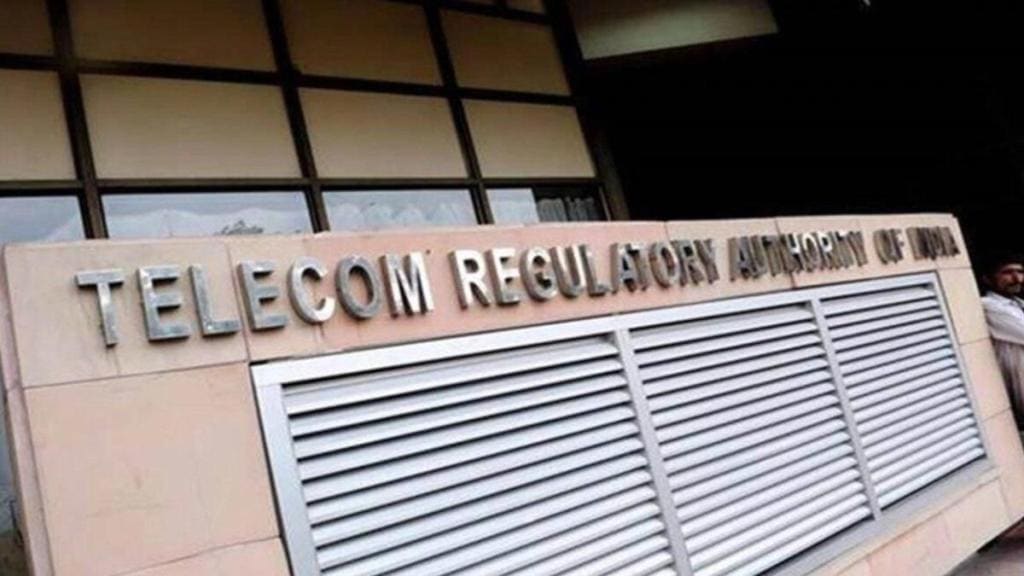The Telecom Regulatory Authority of India (Trai) on Tuesday said Cable Landing Station (CLS) and submarine cables operation should be classified as critical and essential services. Since the functioning of submarine cables is crucial for the uninterrupted transmission of signals, data, and communication across national and international borders, Trai believes that the same should come under essential services.
The telecom regulator issued its recommendations on the subject – ‘Licensing Framework and Regulatory Mechanism for Submarine Cable Landing in India’. While batting for ease of doing business in the sector, Trai said the submarine cable operations should be given top priority by the government for obtaining necessary permission and security clearances from the ministries/ departments/ agencies involved.
Trai also recommended that DoT should add a section on Submarine cable and CLS in the Indian Telecommunication Bill, 2022 to promote, protect and prioritise ‘Cable Landing Station’ and ‘submarine cable’ in India. India has total 17 submarine cables coming from different parts of the world to connect with terrestrial network at the cable landing stations near the coast. Mumbai and Chennai have the maximum concentration of submarine cables.
In December last year, Bharti Airtel partnered with Facebook-parent Meta to develop undersea cable infrastructure which will support high-speed internet in the country. The two companies, along with Saudi Telecommunication Company will bring world’s longest subsea cable system 2Africa Pearls cable to India, which will come at Airtel’s landing station in Mumbai. Peer Reliance Jio has also been expanding its foothold in the subsea cable infrastructure.
Since cable repair is among the critical challenges in the sector, Trai recommended that the repair and maintenance work for submarine operation should be exempted from custom duty and GST on the goods and items required for CLS, and submarine operation and maintenance.
The recommendations from Trai on the subject were welcomed by the Cellular Operators Association of India (COAI), which represents major telecom players.
“The recommendations are overall positive and will help in enhancing the robustness of the Submarine Cables ecosystem in India, which would add to the growth of the digital communications sector by strengthening our national infrastructure,” said SP Kochhar, director general of COAI.
COAI said the recommendation that Indian entity-owned vessels will address undersea cable maintenance delays and reduce reliance on foreign providers for repairing subsea cables.
TRAI’s recommendations herald a new era for big data, global tech companies, data centers, content delivery networks, among many others,” said Harsh Walia, partner at Khaitan & Co.
“With the focus on promoting the laying of submarine cables and addressing ambiguities in the legal and regulatory framework for cable landing stations and licenses, these entities may be able to unlock the full potential of cross-border data flow, fuelling innovation, and fortifying India’s position as a data powerhouse,” Walia
Among key recommendations, Trai also pitched to amend the international long distance/internet service provider Category ‘A’ license to include two categories of Cable Landing Station (CLS) locations – Main CLS and CLS Point of Presence, which is the fiber distribution point.


